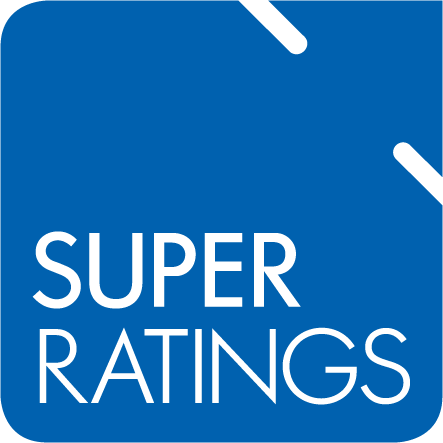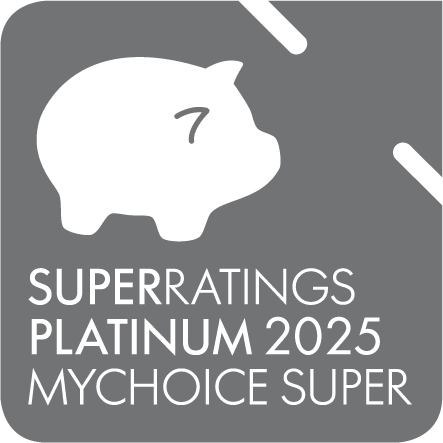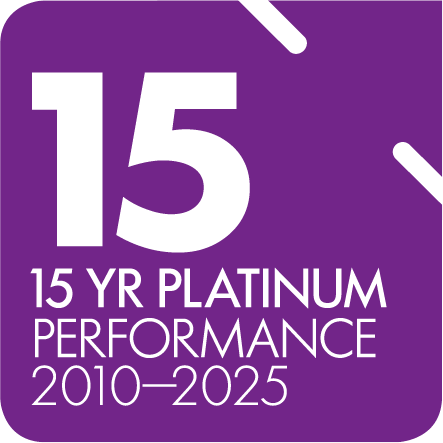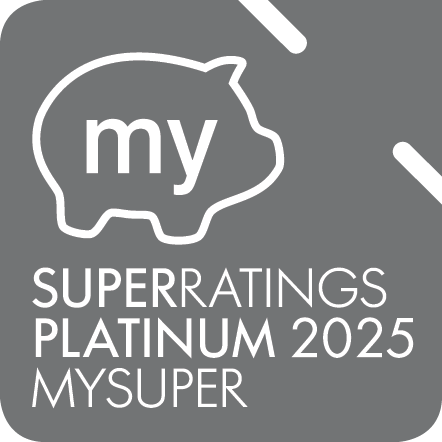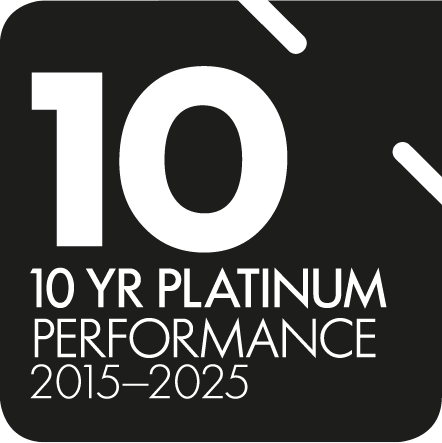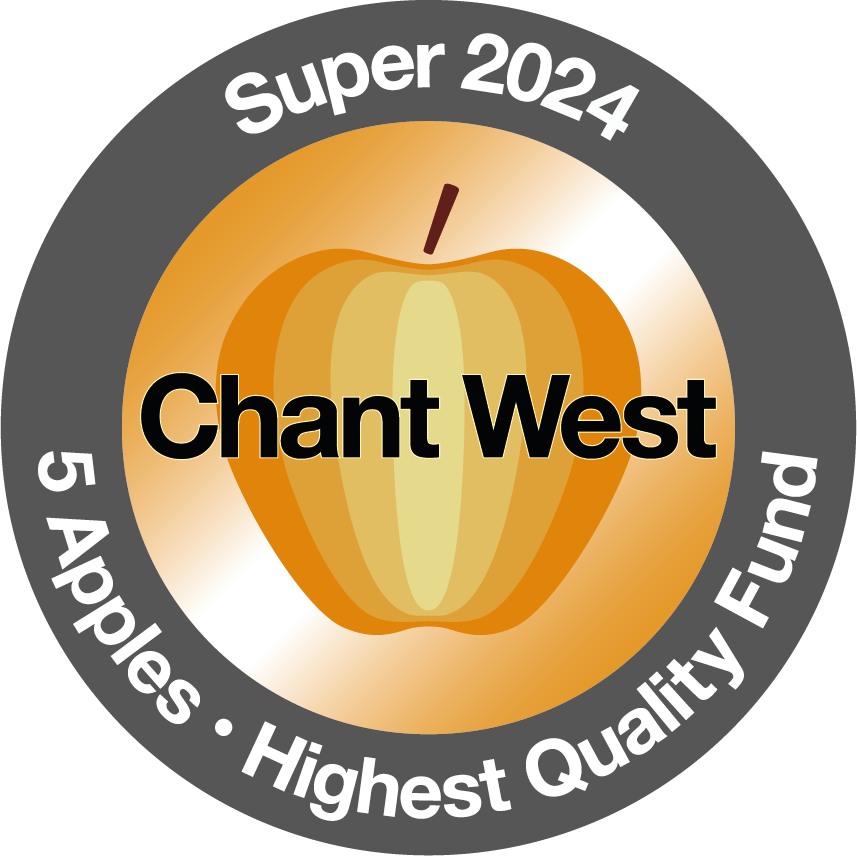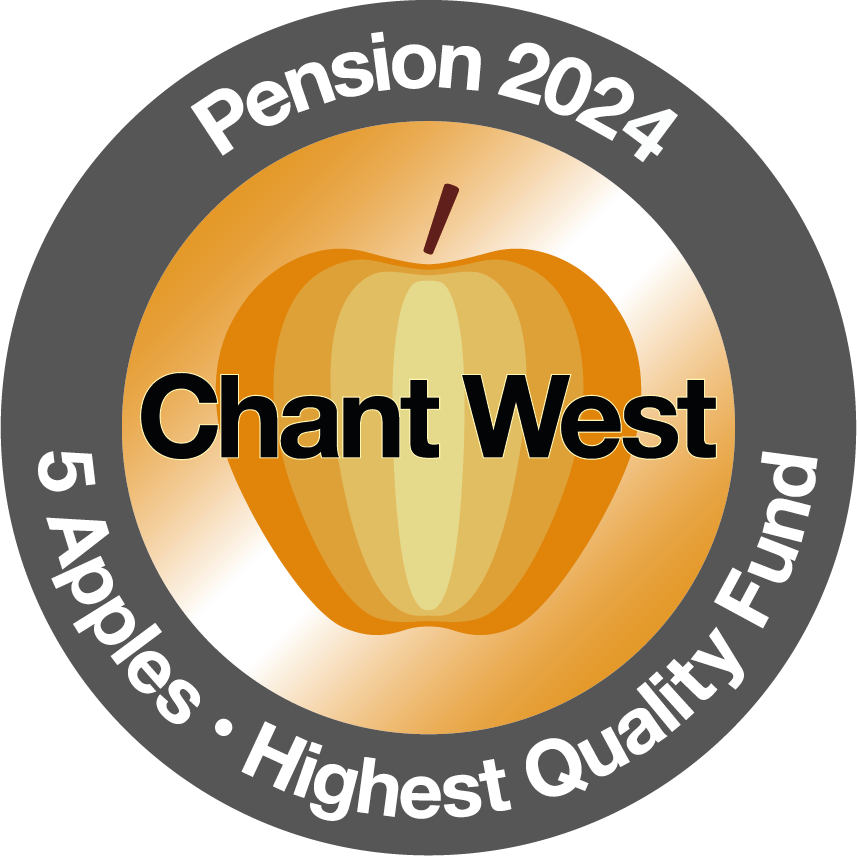Do you have disposable income burning a hole in your pocket?
If you’ve paid all your monthly expenses and still have a little something left over it might be time to think about investment.
We’ve looked at 5 different options and provided a quick summary to get you started.
Just remember that all investing comes with risks, past performance is not a reliable indicator of future performance, and none of what follows should be considered advice.
Got it? Good. Let’s get started.
The stock market
If you’ve never dipped your feet in the stock market it can all look very intimidating from the outside. All you know is people with Tesla shares made a killing last year (returns of 700%), while the spare cash you keep in your bank’s savings account is gathering cobwebs.
The good news is it doesn’t take much time, effort, or money to jump in. All you need is a trading platform, a strategy and a few hundred dollars.
How to start trading
All of Australia’s big banks allow you to trade stocks via their websites or associated apps. Alternatively, you can download a dedicated trading app and money to invest.
Technically, you can still place an order via a stockbroker, but most new investors start with small investments via an online trading platform.
How to figure out your investment strategy
What’s your goal here? Are you looking at building up a long-term portfolio you can forget about on a daily basis, do you want to obsessively check a long-shot bet every 30 minutes, or perhaps you want to invest in a company you like?
Knowing why you’re buying stock can help you narrow your options. Which makes the next part easier.
How to buy stock
Okay, you’ve downloaded an app and deposited some money. You’re ready to start making your fortune. So where should you invest your hard-earned money?
If you’re an absolute beginner a good place to start is probably an exchange traded fund (ETF). These group together similar stocks and follow their collective market performance. So, for example, if you opt for a tech stock ETF, the price will go up or down depending on how those stocks perform collectively.
We can’t tell you where to invest your money, and the stock market can be as simple or complex as you want to make it. But if you are new to investments, it’s easiest to start small, get more confident, and gradually expand your scope.
Crypto currency
If you don’t understand the whole ‘block chain’ and ‘crypto currency’ thing don’t feel bad. Plenty of people have invested their life savings without understanding it either. But if you’d like a basic primer this is a good place to start.
Regardless of how it works, or what it does, there’s no denying that crypto currency has captured the world’s imagination. Which is what happens when something like Bitcoin goes from about $400 per coin in 2016 to over $60,000 in 2021.
So how do you get your piece of the pie?
Like stocks, you can download trading apps that allow you to purchase various crypto currencies. And, like stocks, there are buy and sell prices to keep in mind.
We won’t go into the ins-and-outs of the crypto currency market, and simply following Elon Musk’s Twitter is not an investment strategy we would recommend. Indeed, the whole crypto currency market is subject to wild swings, so if you’re a nervous first-time investor it’s perhaps not for you.
Property
Good ol’ bricks and mortar. If you invested in certain pockets of Melbourne, Sydney or Hobart ten years ago you would have done very well for yourself. The overall market in these cities has risen by 54%, 68% and 45% respectively since 2010.
Unlike other investment opportunities, property is a long-term investment that requires considerable savings to jump in. And while record low interest rates mean it’s never been cheaper to borrow money, those same low rates have been instrumental in driving prices up, making it harder to find a bargain.
If you’re looking at property from an investment perspective, it opens the door to more opportunities than shopping around for family home. It means you’re more focused on the returns and long-term potential of a place than its proximity to your job or friends. Which means you might consider regional hotspots where prices are more affordable, or consider the AirBNB potential of a property.
There are also potential tax advantages to owning an investment property, and a tenant can help you cover the cost of mortgage repayments.
Non-fungible tokens (NFTs)
NFTs (or non-fungible tokens) are the hot new ticket in town. They’re essentially tokens that prove ownership of digital assets. You may have seen the recent news about online artwork selling for millions of dollars, including a record breaking $69 million someone paid for a digital work by Beeple.
While many people see the benefits of being able to assign ownership to a digital asset, the profiteering, bubble-like prices, and environmental concerns tend to get the lions share of the attention.
If you are interested in exploring NFTs a number of platforms for purchasing items have sprung up. Just be aware this is the Wild West and highly speculative. Which is neatly summarised in a recent story about a start-up attempting to sell the digital rights to famous works by Van Gogh and Cézanne without any official paperwork or backing.
Superannuation
Yes, we know. Compared to the other examples here superannuation can seem rather dry and conservative. But super is an investment in your future, and is largely dependent on the performance of the stocks, property and other assets that make up your portfolio.
For context, Equip’s Balanced Growth has returned an average 8.44% p.a. over the last decade. Or about $8,000 a year on a balance of $100,000. That can add up over the course of your working life, and as your balance grows so do the investment returns.
Some options have delivered higher returns during this period and others have earned less – it all depends on how much risk you are willing to take. The general rule of thumb is that the longer time we have to invest, the more risk we can afford to take.
Superannuation is also mandatory, which means most working Australians have 10.5% of their salary contributed to their super every year. But even then, there are things you can do to increase your returns and boost your long-term balance. So, it’s worth getting your super ducks in a row.
A financial planner can help you better understand your investment options, and how to make the most of any disposable income you may have. Equip members can speak to one of our financial planners at no additional charge for the initial appointment.

